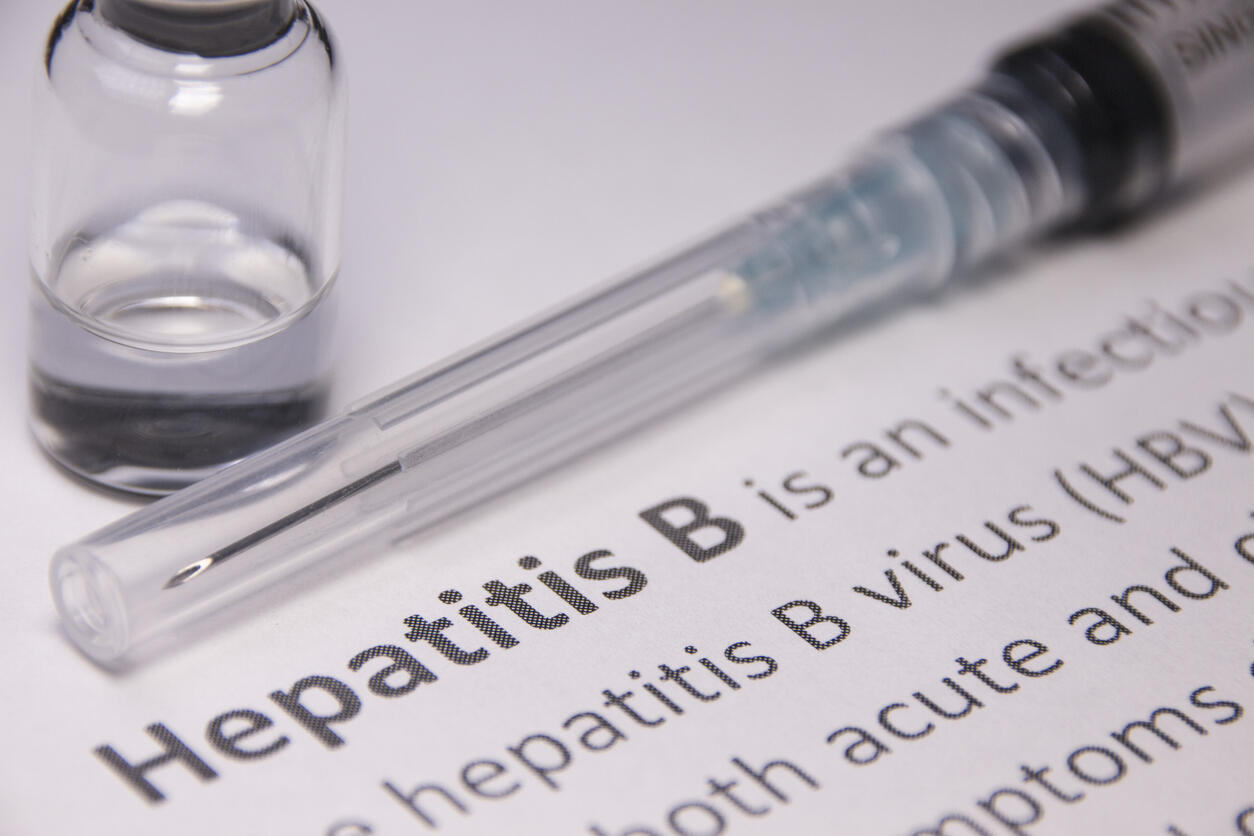
A group of international researchers, including those from Liverpool School of Tropical Medicine (LSTM) and the Malawi Liverpool Welcome Trust (MLW), is calling for new guidelines to help improve access to hepatitis B treatment in Africa.
Hepatitis B is a highly endemic virus in Africa with an estimated 82 million people chronically infected. Very few people living with hepatitis B are aware of their diagnosis and few have access to treatment. The complications of untreated hepatitis B may be dramatic including liver cancer for which treatment is not available in most African countries.
In a study published in Nature Communications, researchers from the collaboration HEPSANET (Hepatitis B in Africa Collaborative Network), tested the use of simple, low-cost blood tests for helping to decide which patients with hepatitis B should start treatment.
The study involved a collaboration with colleagues from 12 sites in 8 African countries. By sharing data from different centres that provide care for patients with hepatitis B, the researchers tested how well a combination of cheap and accessible blood tests could predict increased liver stiffness, a marker of advanced liver disease. Patients with increased liver stiffness are at risk of complications such as liver failure and liver cancer, both of which can be prevented with timely antiviral treatment.
Co-author Dr Alex Stockdale, a Senior Clinical Lecturer at the University of Liverpool and Malawi-Liverpool-Wellcome Trust Clinical Research Programme, said: “Our findings are timely since WHO guidelines for hepatitis B are currently undergoing revision. A lower APRI threshold is needed, and the revised guidelines should take account of our new findings. Patients and clinicians in Africa need simple, accessible guidelines that offer improved access to treatment now.”
LSTM’s Marc Henrion also co-author of the study added: “This really illustrates the power in systematically pooling all available data on a given research topic and analysing them together using robust statistical models. In our case, we have comprehensively shown that existing WHO diagnostic guidelines using the APRI biomarker are inadequate for sub-Saharan African populations. Further, we have estimated and evaluated improved rule-in and rule-out diagnostic thresholds for these populations.”
The study found that the existing World Health Organization (WHO) guidelines from 2015, which recommend a simple biomarker called APRI to assess liver injury, is not adapted for the African population. The authors propose to lower the treatment decision threshold of this biomarker for African patients and call for hepatitis B guidelines better adapted to the African setting. Indeed, the global hepatitis B elimination strategy developed by the WHO has now been adopted by most countries worldwide. Unfortunately, the African continent has been left behind in the fight against hepatitis B although it carries a high burden of preventable disease and new infections. With the current publication, the HEPSANET group is advocating for better care for the millions of patients infected with hepatitis B virus in Africa.